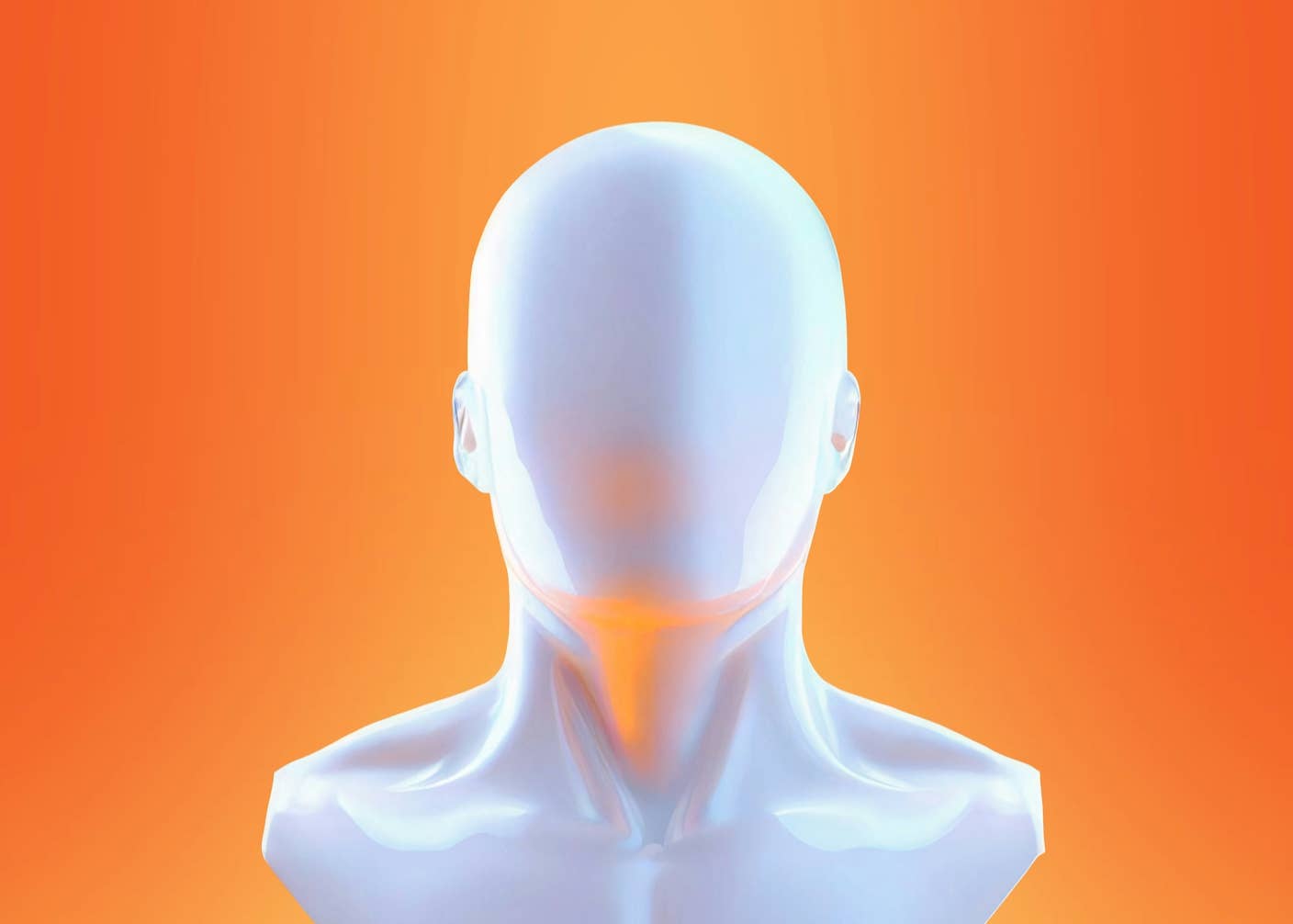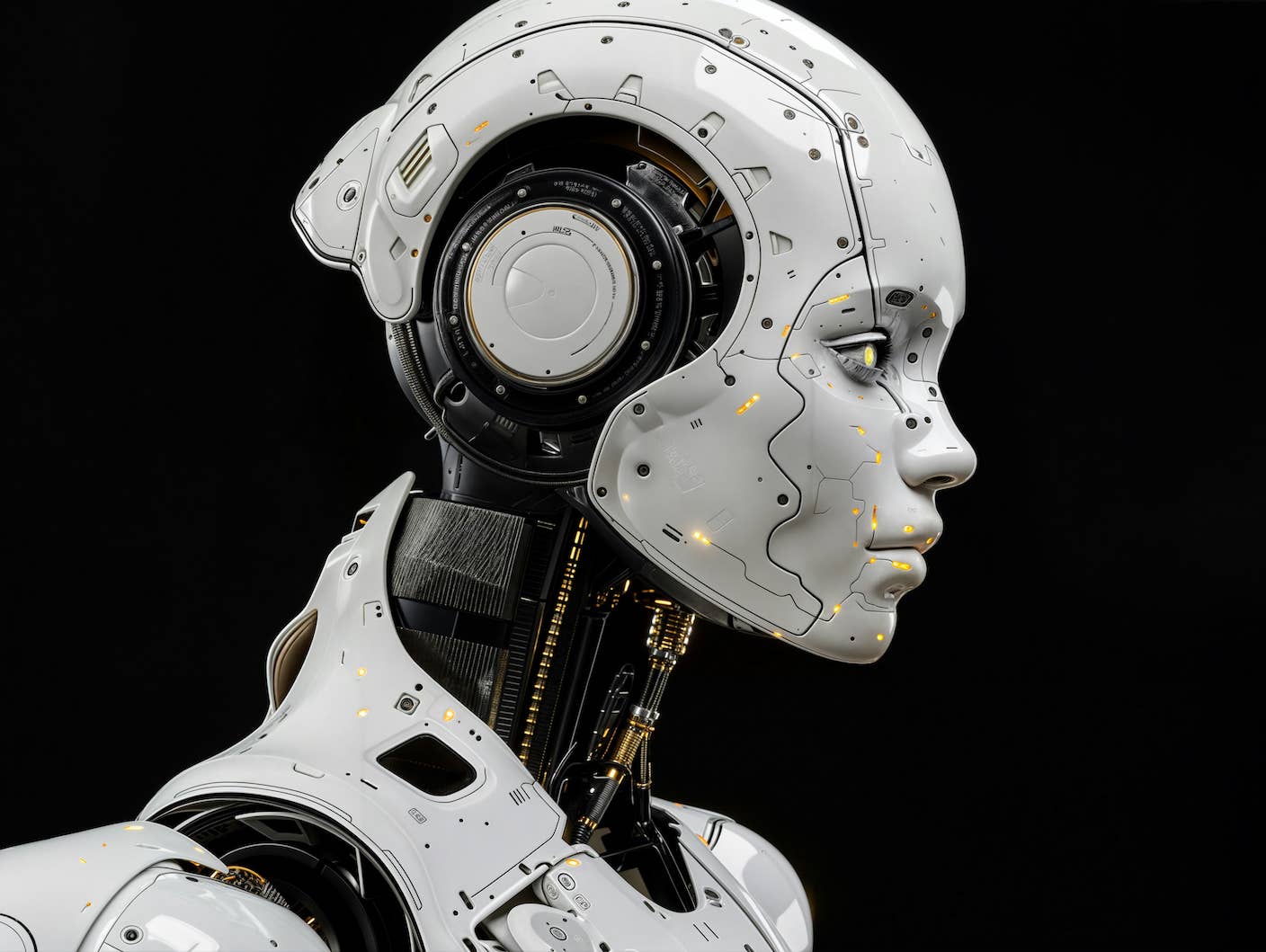All Great Artists Share This One Quality—Can AI Learn It Too?

Share
Think about your favorite work of art. Why do you like it so much? What does it do for you?
Be it painting, sculpture, music, or writing, we love art not just for its beauty, but for the reactions and emotions it evokes in us. You probably feel a sort of kinship with your favorite artists even though you’ve never met them, because their work speaks to you in what feels like a unique and personal way.
How does this change when the art in question is produced by a machine and not a human? Is creativity an irreplaceable human skill, or will computers be able to learn it?
In a new video from Big Think, Andrew McAfee, associate director of MIT Sloan School of Management’s Center for Digital Business, discusses these questions and explores the concept of creative AI.
McAfee notes that as it stands, AI can mimic some forms of creativity and create art. Generative design, for example, lets you input specifications including materials, budget, and manufacturing methods into software, and it generates design alternatives. In many cases these alternatives look and perform better than human-conceived designs.
Robots can paint in the style of a master artist or their own style. Software can also compose music, and when people don’t know they’re listening to AI-generated music, they like it.
The standout feature of these computer-generated forms of art is that they require human inputs before they’re able to create something. Design software needs parameters to know what it’s working with, and music software needs code for the basic rules of music as a starting point.
Based on one of the definitions of creativity McAfee mentions—the ability to come up with something that’s valuable and also novel—this software technically qualifies as creative.
Luckily for us humans, though, McAfee offers a second, more profound definition of creativity: understanding the human condition, illuminating it, and reflecting it back to us in a way that we respond to.
While AIs can create original ‘works of art’ if we give them some guidance, they certainly don’t have any awareness of the fundamental conditions of being human, such as being aware of our own mortality, living inside a designated physical body, and probably most importantly, interacting with and relating to other humans.
McAfee calls our understanding of these the ‘native speaker’s intuition’ about the human condition, and though he’s a self-proclaimed technology optimist, he says, “I’m skeptical we’re going to be able to successfully convey that intuition even to… a really big, really sophisticated piece of technology. If that day ever comes, it’s a long way away.”
Be Part of the Future
Sign up to receive top stories about groundbreaking technologies and visionary thinkers from SingularityHub.


Creating a creative monster
But besides wondering whether AI will ever be able to understand the human condition and reflect it back to us in a meaningful way, shouldn’t we also be wondering why—or, better yet, whether—we want it to be able to?
We’ve already created AIs that can diagnose illness, drive cars, and win at Go. Siri can answer questions. Google Home and Amazon Echo help run our homes.
As more tasks become automated—and are thus performed far more efficiently than we were performing them—more jobs will be lost. Optimists believe the shift created by technological unemployment will unleash the world’s creativity, allowing us to work less and devote more time and energy to our true passions—which for many people involve creative endeavors.
If this best-case scenario proves true and we end up with lots of time on our hands to create whatever our hearts desire, it seems like giving AI an understanding of the human condition would just be one more way to render ourselves obsolete—and in the process, relinquish the final quality that differentiates us from machines and makes us human.
Instead of asking whether AI can learn the one quality that makes humans creative, then, the more pertinent question is: should we let it?
The decision, for now, is in our (uniquely creative) hands.
Vanessa has been writing about science and technology for eight years and was senior editor at SingularityHub. She's interested in biotechnology and genetic engineering, the nitty-gritty of the renewable energy transition, the roles technology and science play in geopolitics and international development, and countless other topics.
Related Articles

What the Rise of AI Scientists May Mean for Human Research

Scientists Want to Give ChatGPT an Inner Monologue to Improve Its ‘Thinking’

Humanity’s Last Exam Stumps Top AI Models—and That’s a Good Thing
What we’re reading